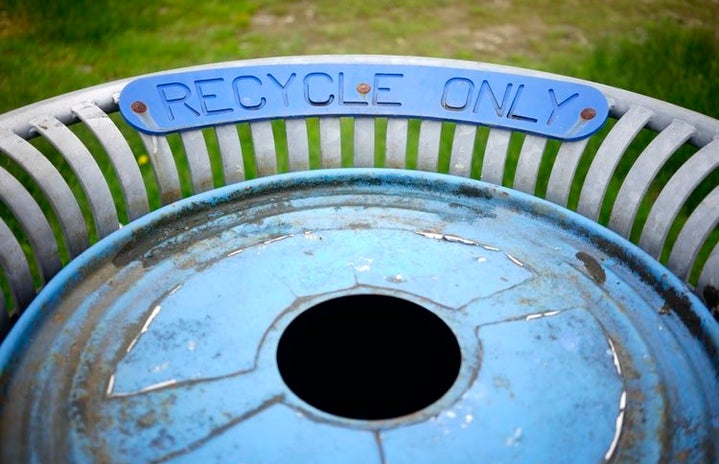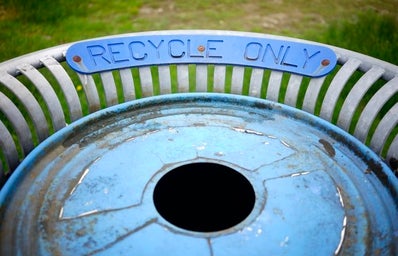By now, nearly everyone knows that you should be avoiding single-use plastics, recycling bottles and cans, and eating less red meat to reduce your impact on the environment. Companies are promoting new ways to sell their products with less plastic, and others are even looking towards shipping methods that utilize less carbon consumption. If we want the world to change, all of us are going to have to take initiative and make environmentally conscious decisions every day.
Most days, there won’t be weighted choices that will determine the outcome of climate change efforts but making a few small changes in your life can reduce your carbon footprint and eventually make a huge difference. Obvious things are turning off faucets and lights when not in use and unplugging outlet chargers instead of leaving them hanging in the outlet. Three lesser discussed methods of reducing your carbon output that I think everyone should pay mind to are keeping your tires properly inflated, washing your clothes in cold water, and replacing your lightbulbs with LED bulbs.
The first idea seems pretty strange when you first consider it, but in actuality, the efficiency in which you travel from point A to point B in your car is very important. It would be nice for everyone to have electric vehicles, but right now, the best we can do is improve how we use our fuel. A gallon of gas releases about 20 pounds of carbon dioxide into the atmosphere. That’s a lot of CO2. Uninflated or improperly inflated tires decrease gas mileage by 3.3%, which doesn’t seem like a big deal until the math adds up. The average person drives 12,000 miles in a year, so a 3.3% deficiency means that your car would consume over 140 extra gallons of gas. By ensuring that your tires are working properly for the best possible fuel efficiency, you alone can reduce your carbon footprint by a whopping 327 pounds.
It’s important to save water, but there are a few things that we do in our everyday lives that simply require it. Brushing our teeth, watering our plants, and even washing our clothes. This is where you can make a huge impact. Washing machines consume a lot of energy, and nearly 90% of that energy is used to simply heat the water filtering in. Coldwatersaves.org encourages people to wash 4 out of 5 loads of their laundry in cold water to put less pressure on energy grids and decrease carbon emissions. Cold laundry loads in just a single household could cut carbon emissions by 864 pounds. Hot water doesn’t necessarily mean cleaner clothes, so think about making the switch!
While the first two concepts may take a little more time and effort, this one is a no-brainer. LED bulbs use 40% less energy than fluorescent bulbs and 80% less energy than incandescent bulbs. While they are not as cheap as fluorescent and incandescent, they can actually last much longer (anywhere from two to twenty times longer!) when used properly. LED users reduced carbon dioxide emissions by 570 million tons. Yes, you read that right, tons. They’re power-efficient, long-lasting, and can change colors with remote control, so you should replace all of the lightbulbs in your house ASAP.
While there are a lot of opportunities we can take to clean up litter, help plant trees, and participate in wildlife restoration, some of the most important changes are the small ones. Every single person can reduce their carbon footprint by hundreds of pounds each year by being mindful of some everyday tasks and simple appliances. We need to work together to halt climate change and care for the earth, so each and every one of these little things counts!




